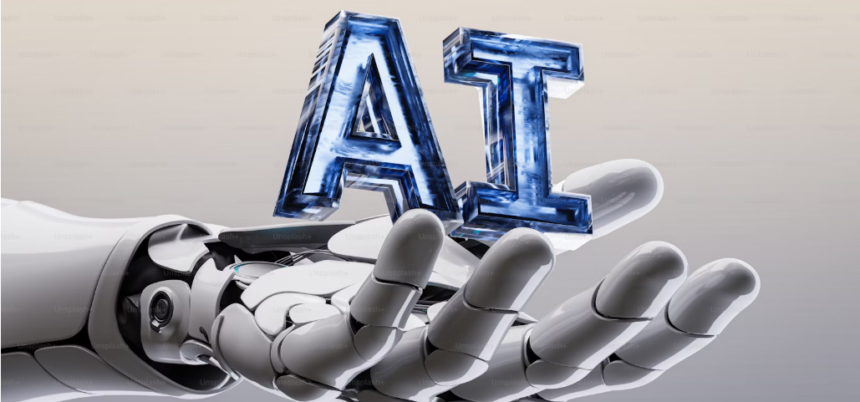The rapid development of artificial intelligence (AI) has also generated what feels like infinite startup solutions within a few areas of advancement, following closely on its heels. Some of the new developments was Automated legal contract negotiation, ethics in generative AI content generation and new ways of using AI agents in blockchain. This report examines three of these emerging startups — Luminance, Bria and Halliday — their innovations and revenue-raising successes.
Luminance | AI-Powered Legal Contract Negotiation
Today, a Cambridge startup, Luminance, founded by the finest technologists in AI from the University of Cambridge, has launched an AI agent that negotiates the terms of legal contracts. Through Lumi Go, the revolutionary technology helping users streamline iceberg agreements by sending them to counterparties to win negotiations on users’ behalf. Their technology is based on a state-of-the-art AI model — by building a trained large language model focused on legal text — that enables them to read and interpret complex legal documents. Its technology works, as shown by the fact that the company’s solutions are used by most of the world’s top law firms and Fortune 500 businesses.
In the past two years alone, the company has more than quintupled its customers and increased its annual recurring revenue sixfold. Luminance has also secured $75 million in a Series C funding round to support its growth, giving it a pipeline of new cash of over $115 million raised in the past year. The round, which was oversubscribed, was led by Point72 Private Investments, and joined by Forestay Capital, RPS Ventures, Schroders Capital and existing investors. Luminance hopes the funding will help them scale quicker in the United States, now contributing to 40 percent of their total revenue and to support strategic hires and the opening of offices across the US, APAC and Europe. The funding will also enable the company to keep innovating from its Cambridge, UK research and development center as it grows its AI platform to address use cases in procurement and compliance.
Fast & Fair Generative AI solutions by Bria
What a generative AI uses existing, copyrighted content to train models is a major concern in the space, as many consider whether or not the people who create this content are being compensated correctly. Now, a startup from Israel called Bria wants to change that — by training generative AI models, including text-to-image generators, only on licensed data. And it has very strong guardrails in place to make sure that what it generates is legal content.” The Bria patented attribution engine also ensures data owners get recognized and paid their fair share for stimulating resulting outputs.
Bria, which recently closed $40 million in Series B financing, has now raised a total of $65 million. The round was led by Red Dot Capital, alongside other prominent investors. Bria intends to use this fund to scale its platform, as well as to extend its attribution technology, which allows the user to edit the generated content, to music, video and generating text beyond images. The company counts more than 30 data providers amongst its partners, including Getty Images and Envato, while also collaborating with tech giants like Nvidia, Microsoft and AWS.
Artificial intelligence and blockchain integration of Halliday
Halliday secured a $20 million Series A led by a16z crypto, among others. They aim to connect artificial intelligences agents to the blockchain. The blockchain ecosystem has come an extraordinarily long way since then — it has become a complex, ever-evolving ecosystem of yet more disparate applications and services, and while that no doubt creates a headache for the developers (as Halliday agrees), it also represents immense potential.
Halliday has built a platform which he calls the “Agentic Workflow Protocol,” on top of which AI-enabled blockchain applications can be built safely — a platform he hopes will make the entire process relatively painless. This protocol therefore inter-operates across various block chains, handles connections to existing protocols, and includes built-in guard rails to ensure the safe interaction of AI agents with block chain assets. Halliday’s protocol is a system that enables any contract to be integrated, composed, and automated so that developers don’t have to write a new custom smart contract for every use case.
Halliday’s protocol, in turn, gives a platform for these to deliver immutable guardrails, where AI agents can perform tasks on behalf of users in a secured environment. Its technology allows for superfast app development—reducing what previously would have taken years of development to mere hours, according to the company. Halliday has started deploying its technology in partnership with Avalanche, DeFi Kingdoms and Frax. Another product based on its protocol is Halliday Payments, a cross-blockchain payment service.






